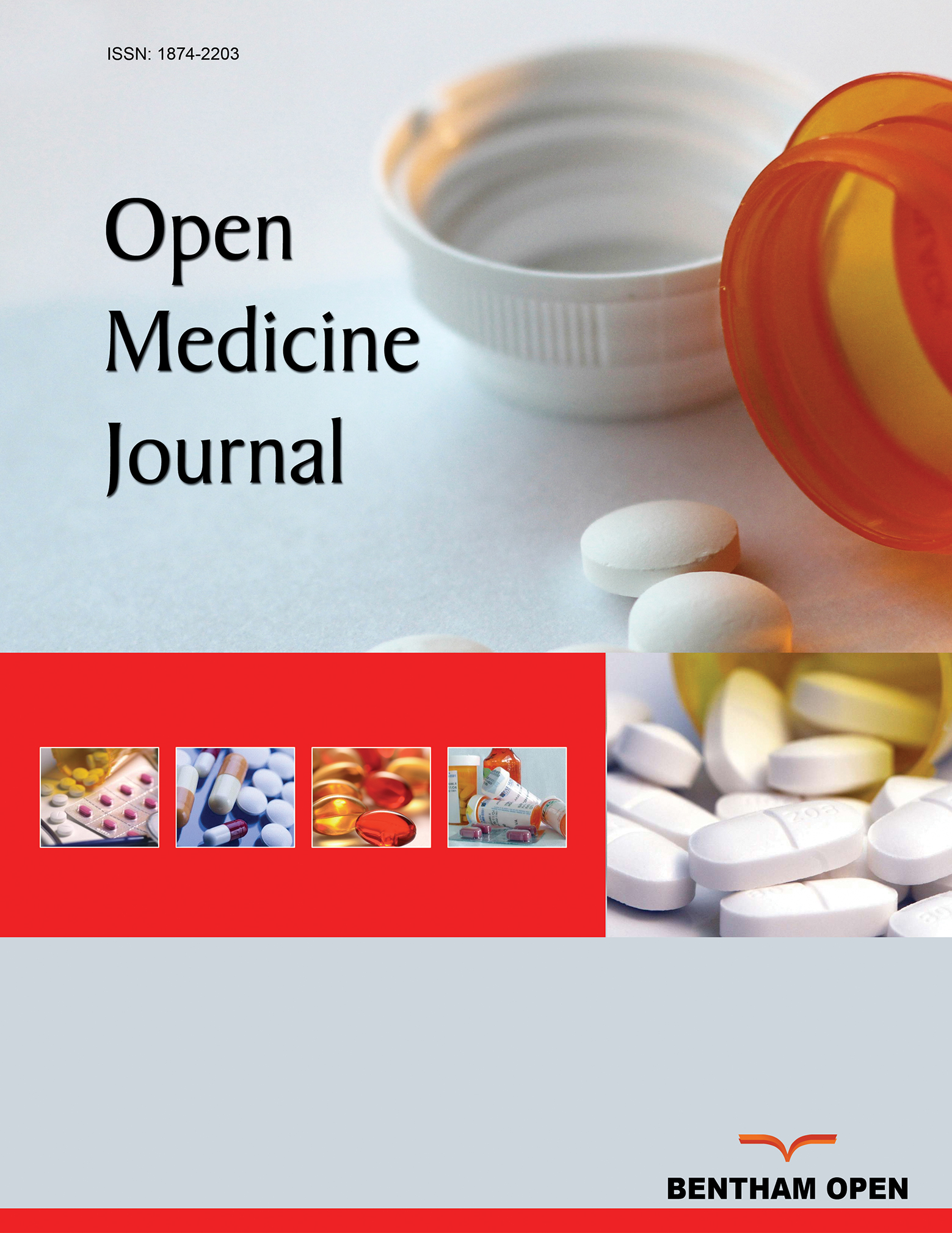Group, One-on-One, or Internet? Preferences for Mindfulness Meditation Delivery Format and their Predictors
Abstract
Objectives:
Group mindfulness meditation interventions have improved symptoms in many health conditions. However, many people are unwilling to receive group treatment, so alternative delivery methods such as individual and internet may be a useful option. The study objective was to examine mindfulness meditation intervention delivery format preferences and their relationship to potential predictors.
Design:
An online survey was conducted of adult English speakers. Data was collected on interest and preference for internet, individual, or group formats of a mindfulness meditation intervention. Age, gender, personality, and posttraumatic stress disorder score and status and depression status were also collected.
Results and Conclusion:
500 eligible participants completed the survey (mean age 39±15; range 18-70; 68% female). Participants were more interested in the Internet (n=356) and individual formats (n=384) than the group format (n=245). Fifty-five participants (11%) said they would refuse a group format. Internet was the first choice format for most participants (Internet 212 (43%), Individual 187 (38%), Group 97 (20%) and group was the last choice for most participants (Internet 140 (29%), Individual 70 (14%), Group 279 (57%)). Age, extraversion and emotional stability were significant in predicting first choice format. These results support the need for more research and implementation of alternative mindfulness meditation intervention delivery formats. Future research will incorporate additional predictors and include a broader range of participants.


